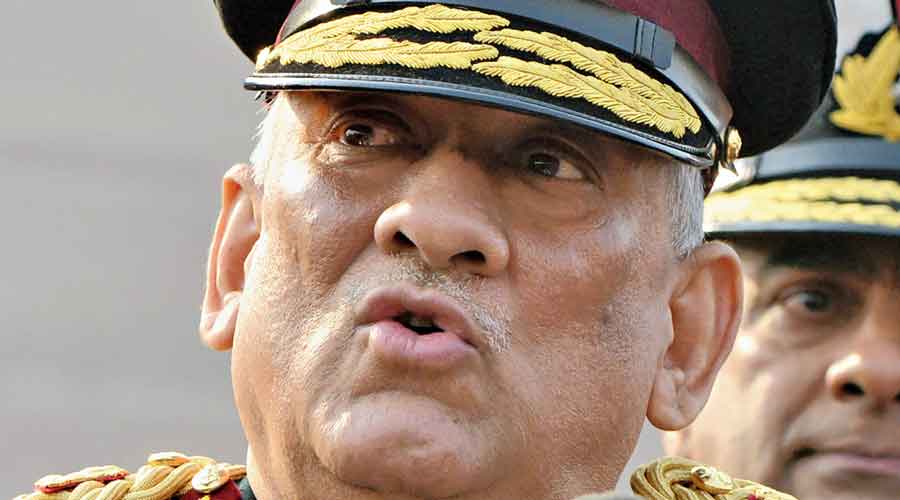The chiefs of the army, navy and the air force are yet to arrive at a consensus on the proposed theatre commands of the armed forces as the Indian Air Force is said to have apprehensions about the plan, sources in the defence ministry said on Thursday.
A defence ministry official said the Narendra Modi government had last week asked the tri-services chiefs to hold threadbare discussions to iron out the differences and arrive at a consensus.“Last week, the Centre asked the three services chiefs to hold discussions with chief of defence staff General Bipin Rawat on the planned integrated theatre commands of the three armed forces and iron out the differences. The tri-services chiefs are not on the same page on the issue,” a defence ministry official said.
Earlier this month, Gen. Rawat’s statement that the IAF was a “supporting arm” in the planned integrated theatre commands had triggered a controversy and acrimony at the higher echelons of the military leadership. Air Chief Marshal R.K.S. Bhadauria had disagreed with Gen. Rawat and said “airpower has a huge role”.
Sources said as soon as the three chiefs agreed to the Centre’s proposal, a draft note would be sent to the cabinet committee on security for approving the creation of the theatre commands.
The Narendra Modi government has formed an expert committee to carry out consultations with the three services to decide the way forward on the theaterisation of the military. Gen. Rawat has been given the task to facilitate restructuring of the military commands for optimal utilisation of resources through the establishment of unified theatre commands.
Theaterisation means putting specific numbers of personnel from each of the three services under a common commander for a unified military approach through a rationalisation of manpower and resources.
“The air force has reservations about unified commands because of its limited resources compared with the army’s. The IAF does not want to split its assets, which are fewer than the army’s,” said another defence ministry official.
The IAF is also believed to have contended that the nature of its operations is so fluid that all of India is one theatre for it. It is also said to have issues over who would lead the theatres.
Sources said the plan was to have five theatre commands. Each will have units of the army, navy and the air force, and all of them will work as a single entity, looking after specified geographical territories under an operational commander.
Currently, the three armed forces have 19 commands, each assigned exclusively to one among the three forces.
Sources in the government said the theatre commands were being set up under the larger mandate of ensuring synergy among the tri-services chiefs to deal with security challenges.
There have been differences over the planned theaterisation amid fears that the senior positions would be taken over by the army, the largest among the three services. The army brass, who are in favour of theaterisation, contend that multiple commands lead to confusion. They cite the example of China, which has a single Western Theatre Command for the entire Indian frontier.
On the other hand, India’s army alone has four commands on the China frontier — northern, western (which mainly looks after the Pakistan front), central and eastern. The IAF has three commands for the China frontier.











